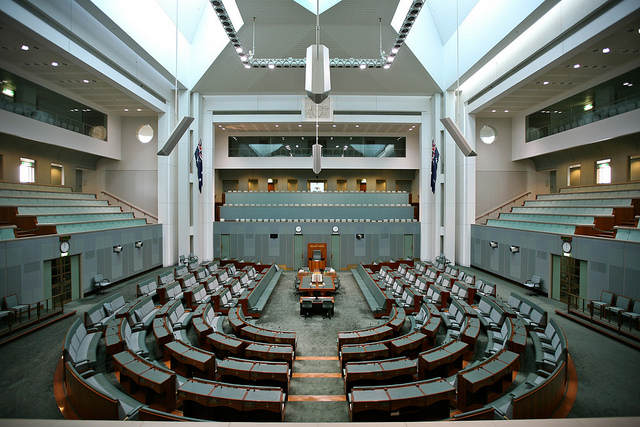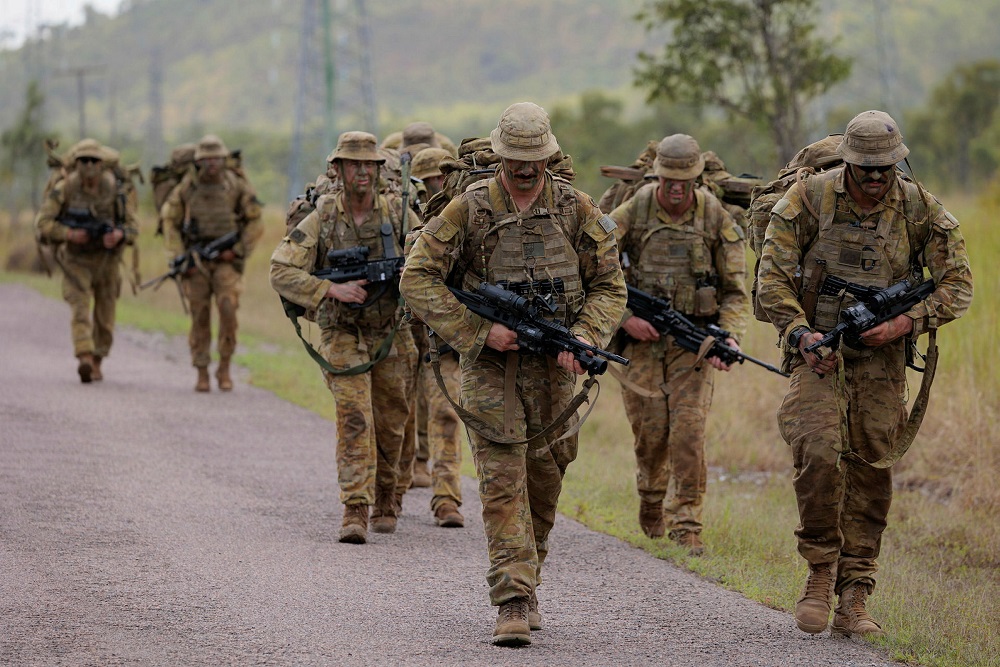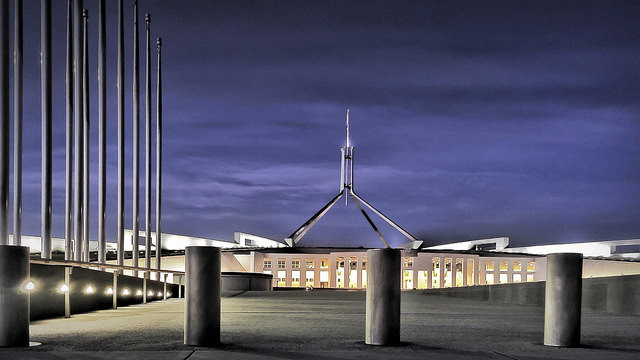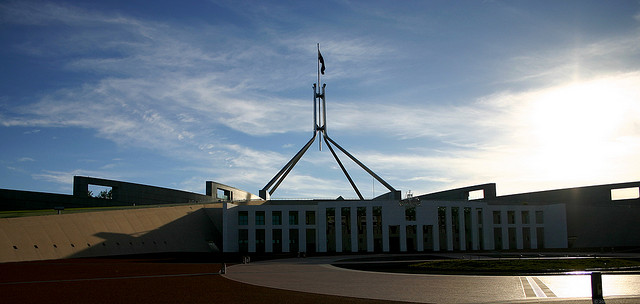Northern Australia doesn’t get enough political attention. We can fix that

Northern Australia comprises half of the nation’s landmass, is rich in natural resources and offers a gateway to the Indo-Pacific—yet it is grossly underappreciated in federal decision-making, with the result that its potential is largely untapped.
To help correct this, northern Australia’s federal politicians should establish a cross-parliamentary group committed to finding a bipartisan approach that prioritises the region’s interests.
Northern Australia is an asset for defence, trade and energy security. Its proximity to Asia and the Pacific makes it a key link in Australia’s relationship with its neighbours. If Australia is serious about strengthening its role in the Indo-Pacific, it must invest more heavily in the infrastructure, services and political representation of its northern regions.
Only 1.35 million people, 5.2 percent of Australia’s population, live in northern Australia, so it is represented by just 12 members of the House of Representatives and 26 senators. The southern states, with concentrated populations and urban centres, dominate federal politics. While some northern Australian politicians hold important committee positions, such as those on the Joint Select Committee on Northern Australia or the Northern Australia Infrastructure Facility, the concerns of other, far more numerous members of parliament (MPs) limit their influence.
Northern Australia’s geographic and economic significance remains a peripheral concern for too many southern-focused policymakers. But it deserves far more attention in Canberra’s corridors of power. This imbalance in political attention is a critical issue. It’s a matter of national strategy.
Northern Australia needs its political voice heard loudly and clearly in parliament.
An answer would be to establish a Parliamentary Friends of Northern Australia group. Such a cross-party parliamentary group should be dedicated to advancing the interests of northern Australia across all sectors, including infrastructure, regional development, indigenous affairs, agriculture, resources and national security. It could provide a platform for MPs and senators, regardless of party affiliation, to collaborate on policy initiatives that directly benefit northern Australia, raise the profile of its challenges and push for greater regional investment. Importantly, it would offer a dedicated space for northern Australian representatives to amplify the specific needs of their electorates and push for more significant funding and legislative action.
The absence of such a parliamentary group, has contributed to northern Australia often being treated as an afterthought in the national political debate. Too often, policies developed in Canberra overlook the unique challenges northern communities face: lack of essential infrastructure, a need for more sustainable economic development or underinvestment in services and education. A parliamentary friends group would enable northern Australia’s politicians to push for urgent reforms. This would include securing more funding for essential infrastructure projects, such as transport corridors, renewable energy initiatives and regional healthcare services, which are all key to the region’s growth and prosperity.
Beyond this, the federal government must take action to realise northern Australia’s economic potential. The region is a powerhouse of natural resources—minerals, energy and agriculture—contributing significantly to Australia’s GDP. However, its infrastructure is underdeveloped and the lack of connectivity across the vast region hampers its economic output.
Investment in critical infrastructure is essential, particularly in remote areas where the need for improved roads, ports and communications infrastructure is urgent. Fostering a more diversified economy in northern Australia—one less reliant on mining and more focused on renewable energy, technology and tourism—would help the region become more resilient to global economic shifts.
These measures would also enhance national security and provide economic opportunities for the region, particularly in terms of jobs and business development.
Creating a Parliamentary Friends of Northern Australia group would enable MPs and senators from the region to advocate for its needs, ensuring that it was no longer sidelined in the national political discourse. The federal government must correct the imbalance between northern Australia’s importance and the political attention it receives. It must invest in essential infrastructure and work with local communities to unlock northern Australia’s full economic, social and strategic potential.






